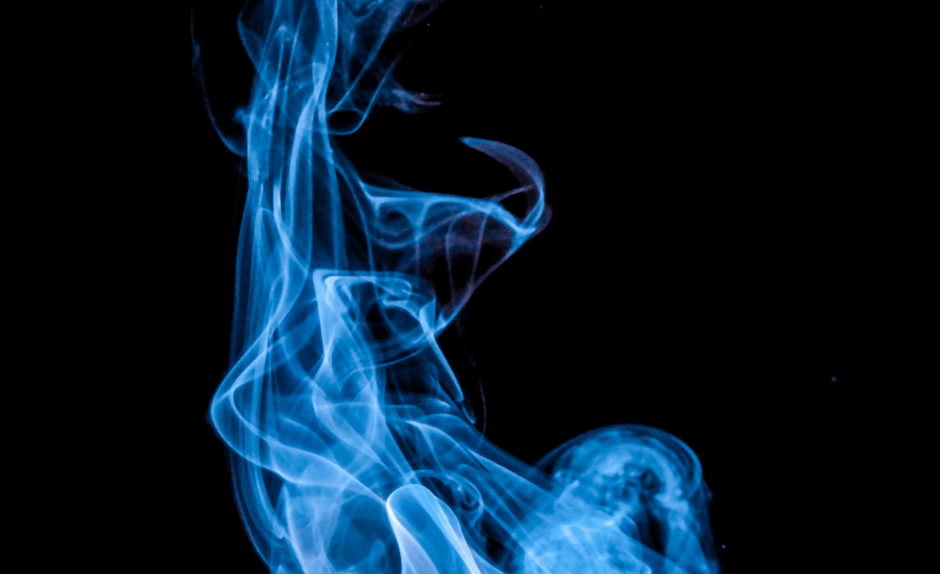Company, Heating System, Industry, Preventative Maintenance, Safety, Winter
Protection Against The Dangers Of Home Heating Systems

Spring is finally here, but your home’s heating system will still be chugging along to keep your family warm for a bit longer. With the warmer weather approaching, you may not be thinking about your heating system, or the potential dangers that come from lack of preventative maintenance. Read on to learn about the potential dangers associated with home heating systems and how to protect your home.
Clogged Furnace Filters
A furnace filter’s main job is to protect your heating system from all the dust, hair, and other gunk that gets sucked in through the return vents. A clean air filter will also help to improve the air quality in your home. Typically, you should change your furnace filter every 2-3 months, but of course, it depends on a few factors. Does someone in your home have allergies? Do you have pets? Young children? These are all reasons you may want to change your filter more often. The time of the year matters as well. The harder your furnace works- very cold or very hot temperatures- the more frequently you’ll want to replace your filter.
A clogged filter can lead to higher heating bills because your furnace has to work harder. This can also lead to operating malfunctions or sometimes complete failure due to the furnace overheating. Any time an appliance overheats, there is a chance of fire, and furnaces are especially prone to these issues. Protect your home and your family by changing your furnace filter often. If you are not comfortable doing this yourself, you can call us and schedule a visit.
Carbon Monoxide Leaks
Carbon monoxide is odorless, colorless gas that can lead to death. It is found in the fumes any time fuel is burned. If it builds up in your home, it can poison the people and animals who breathe it in. A crack in your system’s heat exchanger or a leak in the flue pipes can cause carbon monoxide to leak into and build up in your home.
Protect your home and your family by doing these two simple things: Install carbon monoxide detectors in your home, and have your furnace serviced annually. Schedule your appointment today if it has been over a year since your furnace was last serviced.
Natural Gas Leaks
Natural gas is the most common heating fuel used in the United States. A natural gas leak can push out the air in a room and lead to
dizziness or asphyxiation. More common is that very combustible natural gas builds up and is ignited by some trigger, which causes an explosion. According to Centerpoint Energy, the best way to recognize a natural gas leak is to use your eyes, ears, and nose. Look for signs of a possible leak, listen for any unusual noises, and notice if you smell a distinctive odor like rotten eggs or sulfur. Leave your home and call your gas company immediately if you suspect a natural gas leak.
To keep your family safe, have your home’s heating system evaluated by our expert technicians at Quality Refrigeration. We can test your system for leaks, fire risks, and water damage. They can also fix damaged vents, trade out clogged filters, and ensure that your well maintained heating system works efficiently, saving you money.
Quality Refrigeration has been keeping families warm in Minnesota’s winter wonderland for 40 years now. Give us a call and our trained and experienced technicians can come and make sure your home, your family, and your wallet are all warm and protected this winter.
recent posts
categories
archives
- October 2018
- November 2018
- December 2018
- January 2019
- February 2019
- March 2019
- April 2019
- May 2019
- June 2019
- July 2019
- August 2019
- September 2019
- October 2019
- November 2019
- December 2019
- January 2020
- February 2020
- March 2020
- April 2020
- May 2020
- June 2020
- July 2020
- August 2020
- September 2020
- October 2020
- November 2020
- December 2020
- May 2021
- November 2021